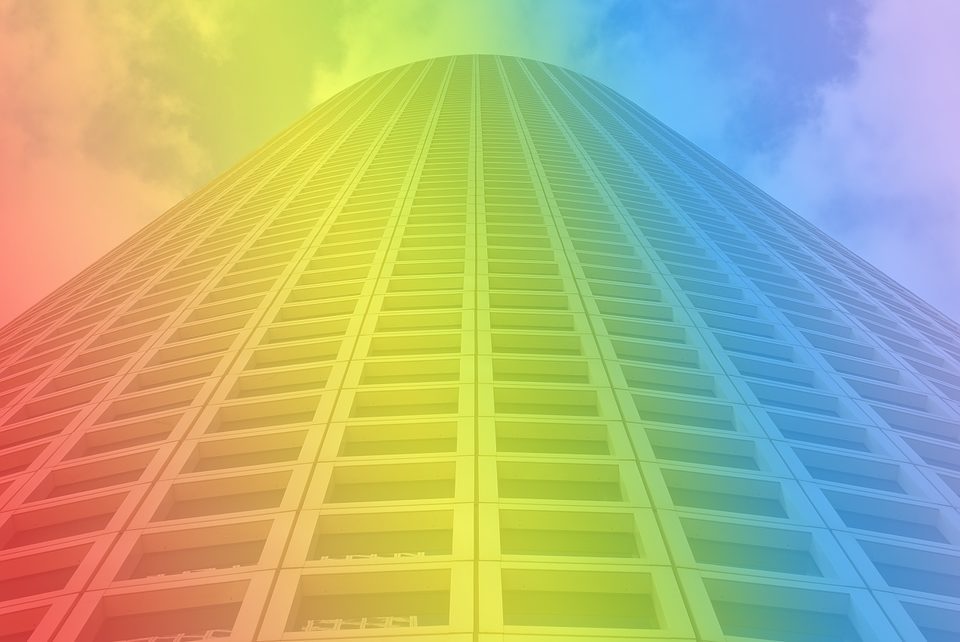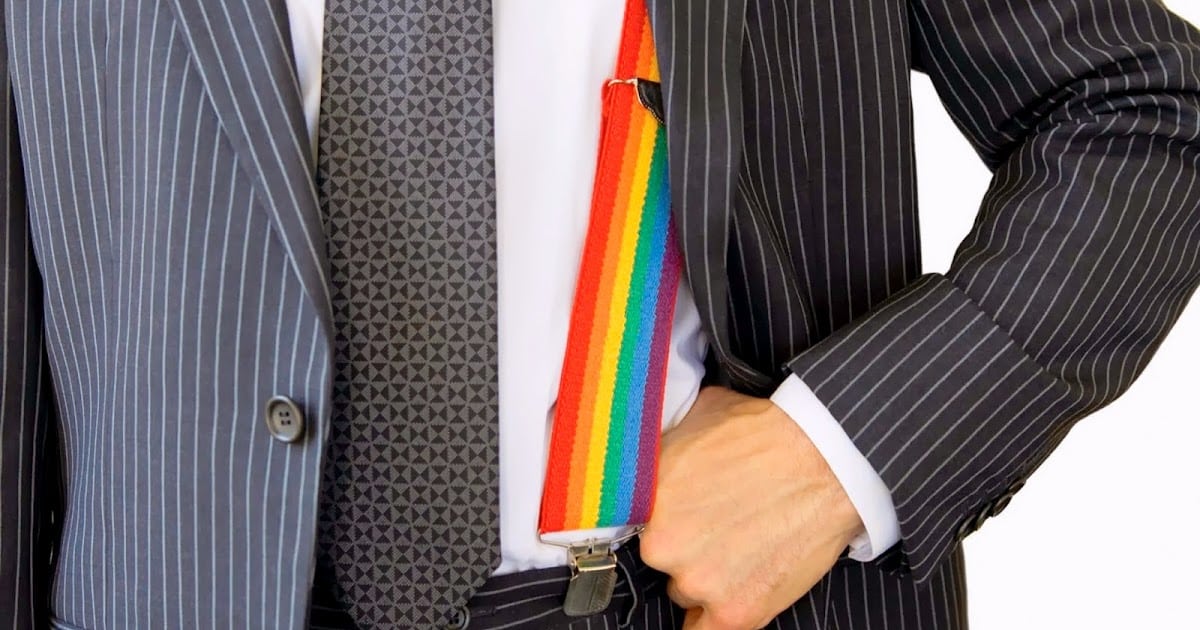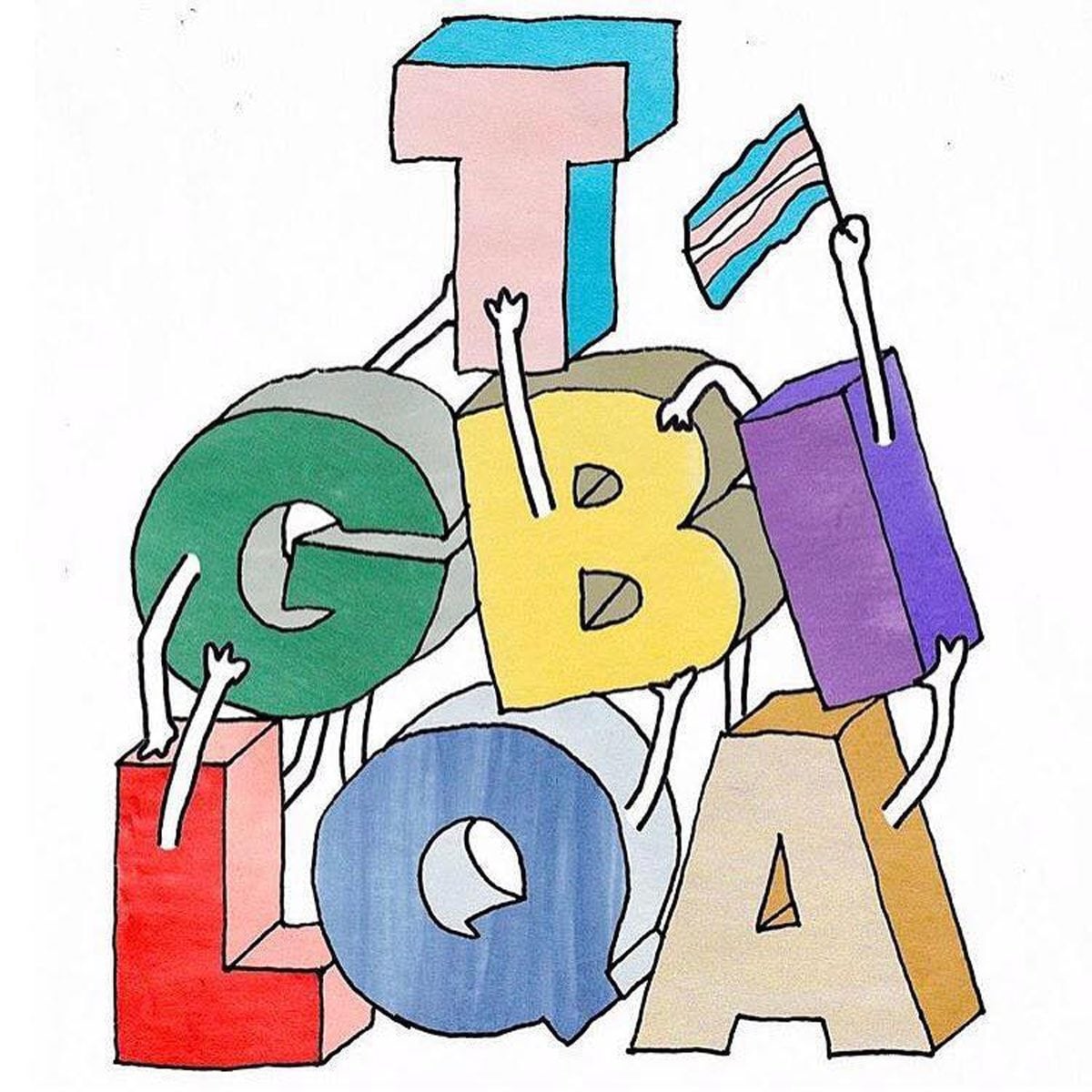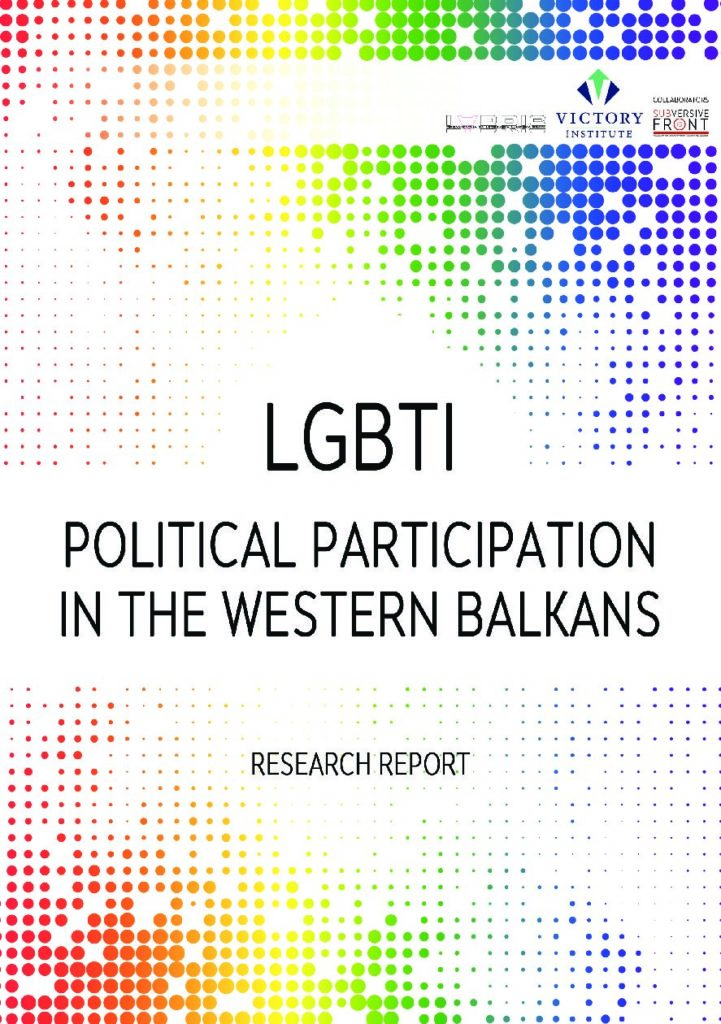
One of the earliest and easiest ways society discriminated against LGBTQ people is via housing. The emerging gay liberation movement in the 1970s famously fought against the evangelical anti-gay crusader Anita Bryant, as she succeeded in organizing a campaign to repeal Miami’s recently-passed anti-discrimination ordinance, one which expanded the list of protected classes to include sexual orientation. That fight galvanized and electrified the movement for liberation and equality. This fight continues in many places today, as twenty-two states protect on the basis of sexual orientation and twenty states protect on the basis of both sexual orientation and gender identity. There have been gains recently, as a federal court in Colorado ruled in 2017 that a lesbian couple (one of whom was trans) could not be denied the right to housing, and this was the first time a federal court issued such as ruling.
According to the Department of Housing and Urban Development, sexual orientation and gender identity are not protected classes under the federal Fair Housing Act. However, they claim that there are many individual circumstances that could be included under the act, such as disability discrimination if a landlord claims a gay man will infect other tenants with HIV/AIDS. Any gender-nonconforming behavior is covered under the protected class of sex, thus transgender individuals are able to claim discrimination if someone discriminates against them due to not performing gender roles to their liking.
Today, there are more states than not where there is no protection for LGBT people in housing. There are 28 states where one is legally allowed to be denied. Most LGBT people are concerned about discrimination, with a survey in 2015 reporting 73 percent of LGBT Americans are strongly concerned about housing discrimination from agents, landlords, and neighbors.
Those fears are not totally unfounded, according to a 2017 study which claims that gay men and transgender people are less likely to be shown apartments by landlords, and that they on average were shown fewer units. The amount of discrimination was not as high as the authors of the study initially believed it would be, allowing room for optimism, and with further hope coming from the finding that lesbians were not discriminated against, at least not to a statistically-significant degree.
At LGBTQ Victory Institute, we are concerned with all issues affecting the LGBTQ community, beyond the prospects of public office. We want to ensure that all members of our community are able to participate in political life, but also in social life and in neighborhood life.


